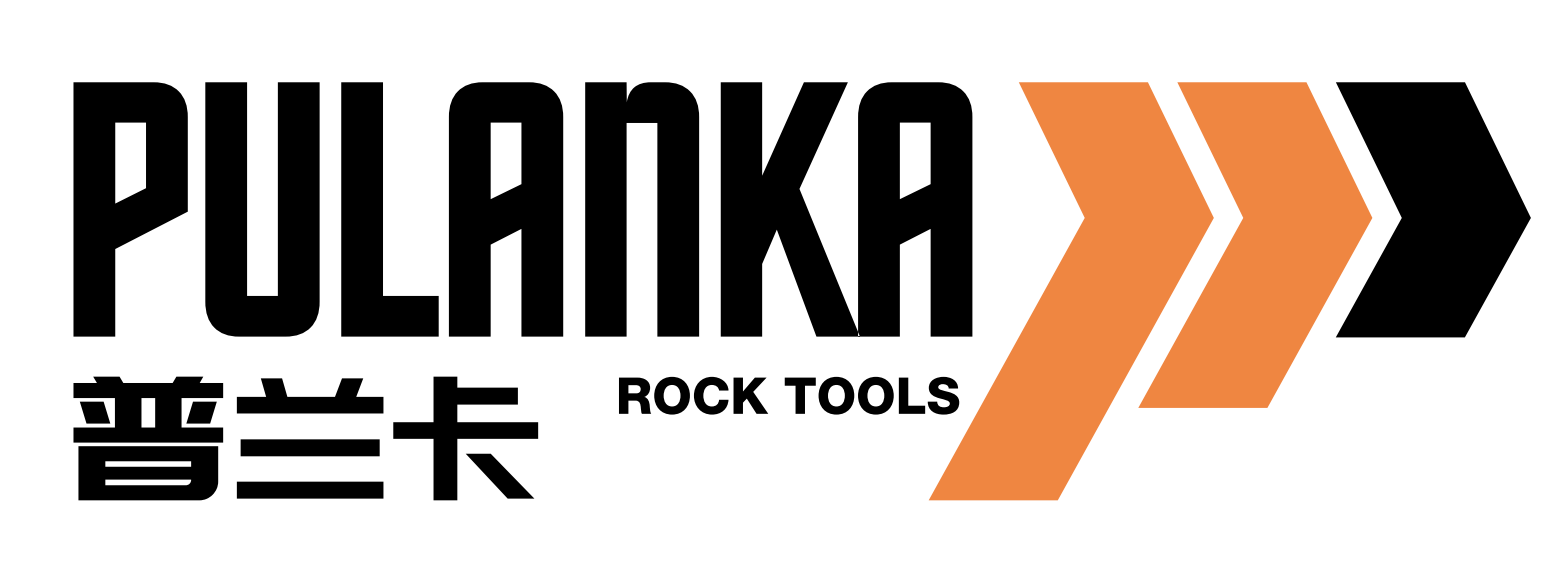Focus on news
news information
How Tapered Connection Chisel Bits Enhance Precision in Drilling
2025/05/17
How Tapered Connection Chisel Bits Enhance Precision in Drilling
Table of Contents
- 1. Introduction to Tapered Connection Chisel Bits
- 2. Understanding Tapered Connection Design
- 3. Advantages of Tapered Connection Chisel Bits
- 4. Applications of Tapered Chisel Bits in Drilling
- 5. Factors Affecting Drilling Precision
- 6. Best Practices for Using Tapered Connection Chisel Bits
- 7. Common Issues and Solutions in Drilling
- 8. Conclusion
- 9. Frequently Asked Questions
1. Introduction to Tapered Connection Chisel Bits
In the realm of industrial drilling, the choice of tools can significantly influence project outcomes. Tapered connection chisel bits are specialized tools designed to enhance drilling precision, particularly in challenging material conditions. These bits are designed with a tapered shank that facilitates a secure connection to drilling rigs while also allowing for improved torque transfer. As industries continue to demand heightened accuracy and efficiency, understanding how these bits work can lead to superior drilling results.
2. Understanding Tapered Connection Design
Tapered connection chisel bits feature a unique design that sets them apart from standard bits. The taper allows for a snug fit in the drill string, which minimizes the risk of bit slippage. This design is particularly beneficial in applications involving hard materials like rock and concrete, where maintaining bit stability is crucial for achieving optimal performance.
The Design Elements of Tapered Connection Bits
The tapered shank is a key component of these chisel bits. It gradually decreases in diameter, allowing for a better grip within the drilling apparatus. In addition, the chisel bit's cutting edges are strategically formed to enhance penetration and reduce wear, maximizing both efficiency and longevity.
3. Advantages of Tapered Connection Chisel Bits
Tapered connection chisel bits offer several advantages that contribute to their popularity in various drilling applications.
Enhanced Precision and Control
One of the primary benefits of using tapered chisel bits is the enhanced precision they provide. The secure fit of the tapered connection minimizes vibrations, allowing for more controlled drilling. This precision is particularly important when drilling in sensitive environments or when achieving specific depths and angles is required.
Improved Torque Transfer
The design of tapered connection bits allows for better torque transfer from the drilling rig to the bit. This feature reduces the likelihood of stripping and increases overall drilling effectiveness, especially when working with tough materials.
Longer Tool Life
Due to their superior design and construction, tapered connection chisel bits tend to have a longer lifespan compared to conventional bits. This durability translates to reduced downtime and lower replacement costs, making them a cost-effective choice in the long run.
Versatility in Applications
Tapered connection chisel bits are versatile, suitable for various drilling applications, including:
- Mining operations
- Construction projects
- Geothermal drilling
- Water well drilling
4. Applications of Tapered Chisel Bits in Drilling
Understanding where and how tapered connection chisel bits can be applied is essential for maximizing their benefits. These bits excel in several key areas:
Mining Industry
In the mining sector, precision drilling is critical for extracting minerals and ores efficiently. Tapered connection chisel bits allow miners to drill accurately while minimizing the risk of damaging surrounding materials.
Construction Sites
Construction projects often involve drilling into concrete and hard surfaces. The superior stability and precision of tapered chisel bits make them ideal for such applications, ensuring that projects run smoothly and within timelines.
Geothermal and Water Well Drilling
In geothermal drilling, where precise hole placement is vital, tapered bits provide the accuracy necessary to reach specific depths. Similarly, in water well drilling, these bits help achieve optimal water flow rates by ensuring that holes are drilled precisely.
5. Factors Affecting Drilling Precision
While tapered connection chisel bits contribute significantly to drilling precision, several external factors can influence overall outcomes.
Material Hardness
The hardness of the material being drilled plays a crucial role in determining the effectiveness of the chisel bit. Harder materials require higher torque and may impact the bit's performance.
Drilling Speed
The speed at which drilling occurs can affect precision. Higher speeds may lead to increased wear on the bit and result in less accurate drilling, particularly in challenging materials.
Bit Condition
Regular maintenance and monitoring of bit condition are essential. Worn or damaged bits can compromise precision and lead to costly errors.
6. Best Practices for Using Tapered Connection Chisel Bits
To make the most of tapered connection chisel bits, we recommend adhering to the following best practices:
Regular Inspection and Maintenance
Routine inspections should be conducted to assess the condition of the bits. Any signs of wear or damage should be addressed promptly to maintain drilling efficiency.
Optimal Drilling Speeds
Adjusting drilling speeds based on material type and bit condition can help optimize performance and prolong the lifespan of the bit.
Proper Lubrication
Using appropriate lubricants can significantly enhance bit performance. Lubrication helps reduce friction and heat buildup during the drilling process.
Training and Knowledge
Equipping operators with the necessary training on the use of tapered connection chisel bits ensures that they are utilized effectively, enhancing overall drilling precision.
7. Common Issues and Solutions in Drilling
Even with high-quality tapered connection chisel bits, issues may arise during drilling operations. Here are some common problems and their solutions:
Bit Jamming
Bit jamming can occur due to accumulated debris or improper drilling technique. Regular cleaning and ensuring proper drilling angles can help mitigate this issue.
Excessive Wear
If a tapered chisel bit wears out too quickly, it may be due to high-speed drilling or drilling into overly hard materials. Adjusting the drilling parameters and selecting suitable bits for the material can help address this.
Inconsistent Hole Depths
Inconsistent drilling depths can stem from operator error or equipment malfunction. Regular training and equipment checks can help maintain drilling accuracy.
8. Conclusion
Tapered connection chisel bits are a remarkable innovation in the drilling industry, offering enhanced precision and efficiency across various applications. By understanding their design, advantages, and best practices, we can maximize their potential and achieve superior drilling outcomes. Investing in quality tapered bits and adhering to proper maintenance protocols not only improves drilling precision but also contributes to cost-effectiveness and overall project success.
9. Frequently Asked Questions
What are tapered connection chisel bits used for?
Tapered connection chisel bits are primarily used in drilling applications where precision and stability are crucial, such as in mining, construction, and geothermal drilling.
How do tapered bits improve drilling precision?
The tapered design allows for a secure fit in the drill string, reducing vibrations and providing better torque transfer, which enhances overall drilling accuracy.
Can tapered connection chisel bits be used in hard rock drilling?
Yes, tapered chisel bits are specifically designed to perform well in hard rock drilling due to their robust construction and cutting-edge design.
What maintenance practices should be followed for these bits?
Regular inspections, cleaning, proper lubrication, and appropriate drilling speed adjustments are essential for maintaining the effectiveness of tapered connection chisel bits.
What factors can affect the performance of tapered connection chisel bits?
Material hardness, drilling speed, and the condition of the bit itself are all factors that can influence the performance and precision of tapered connection chisel bits.
















